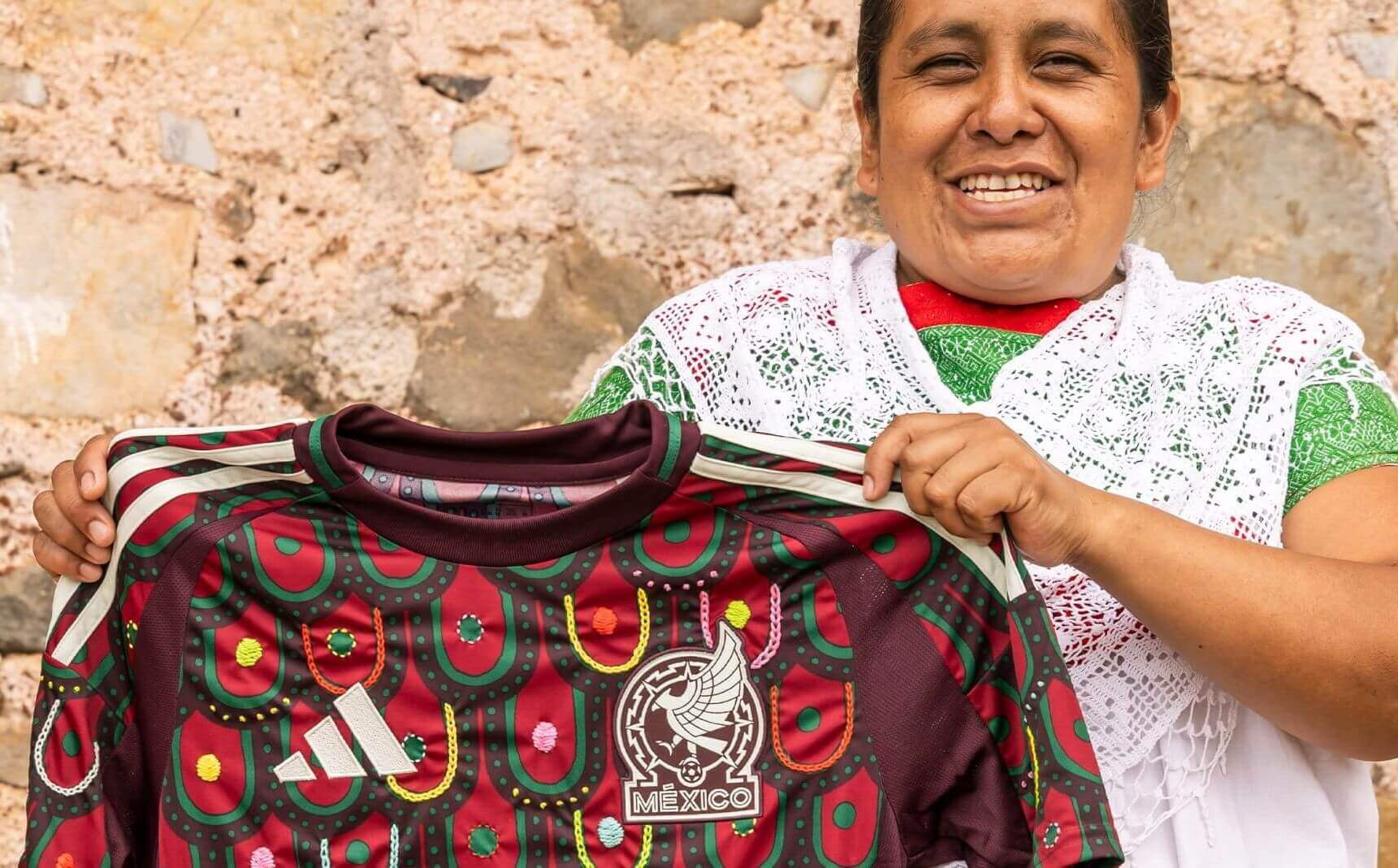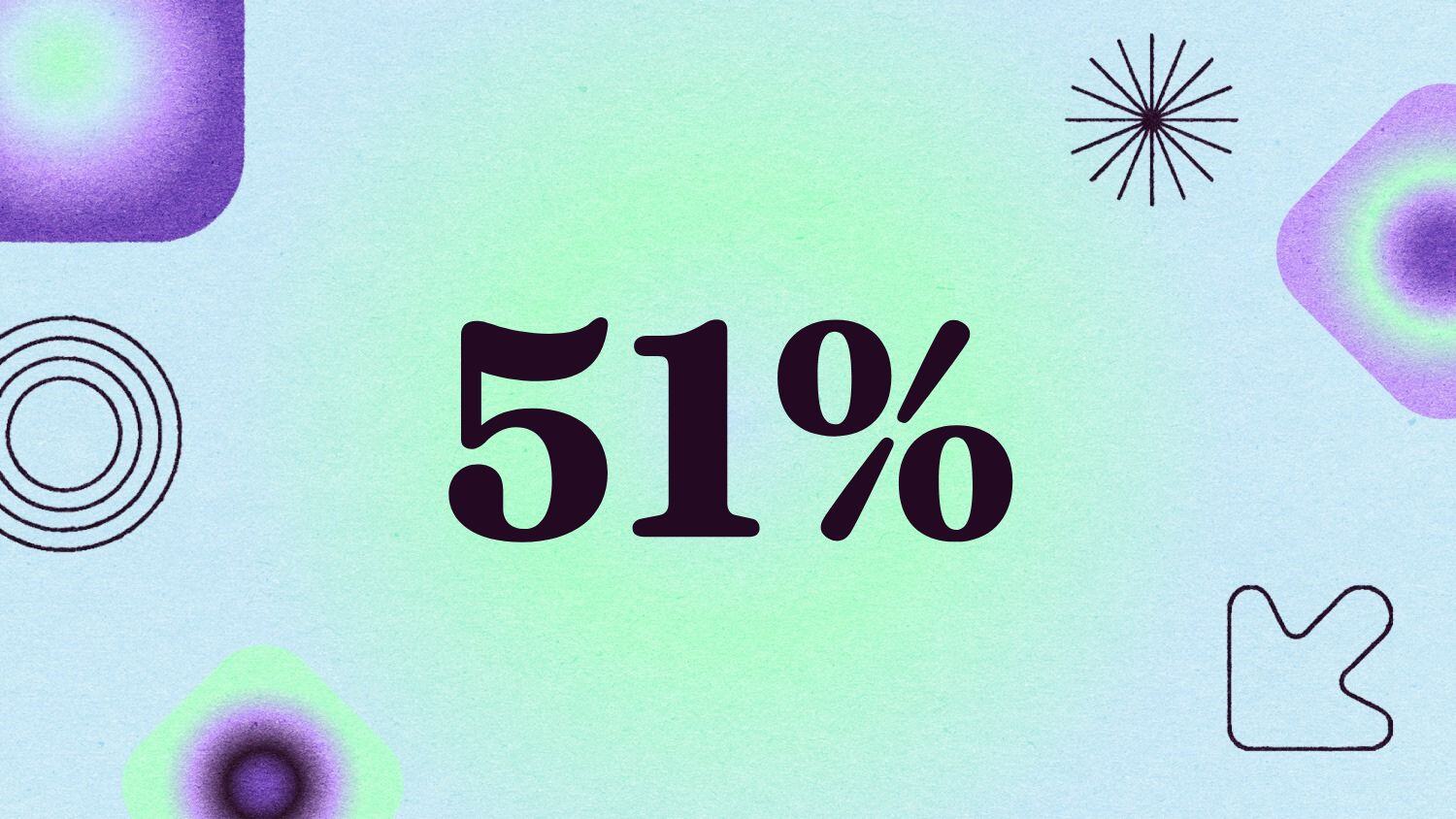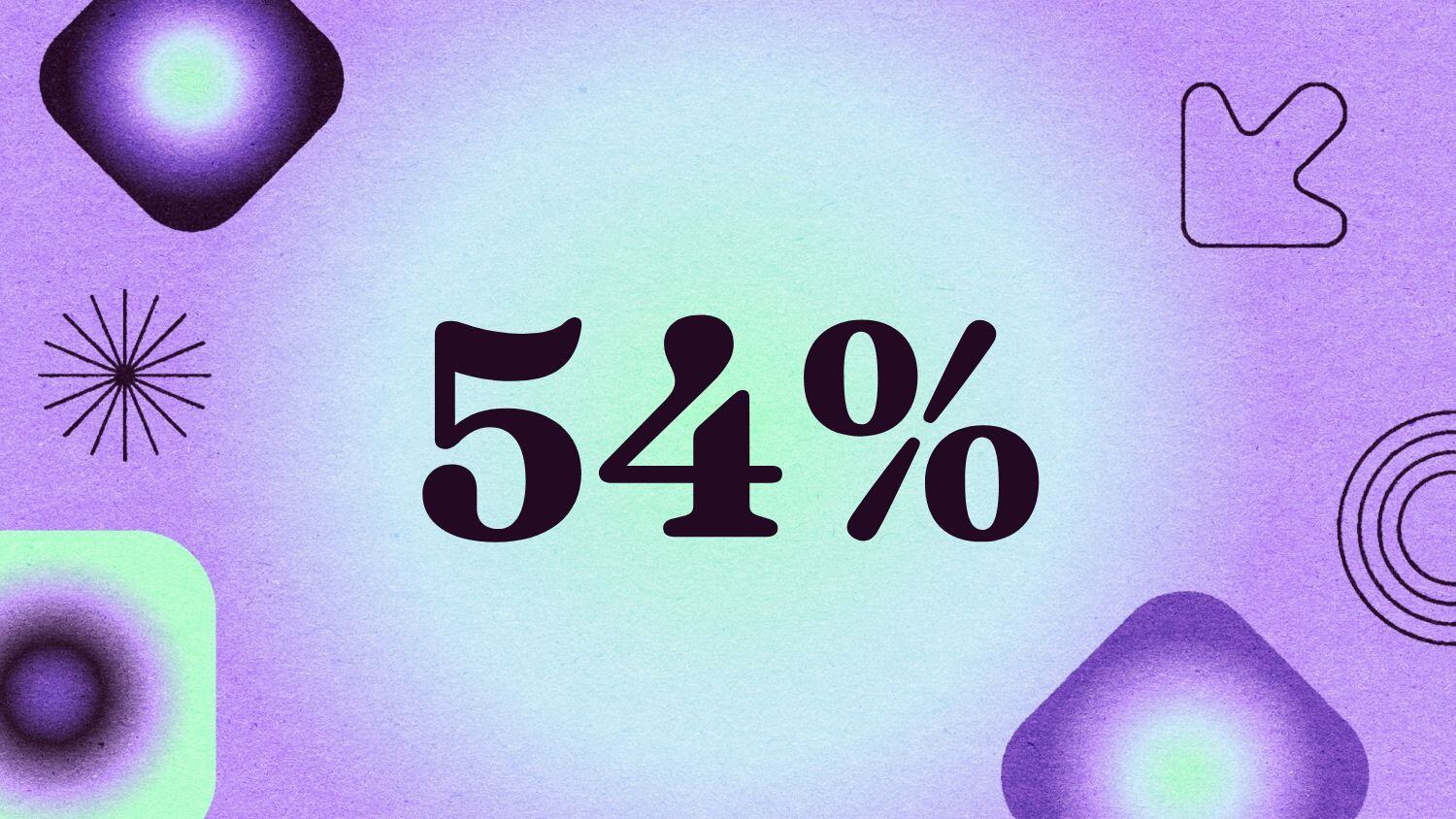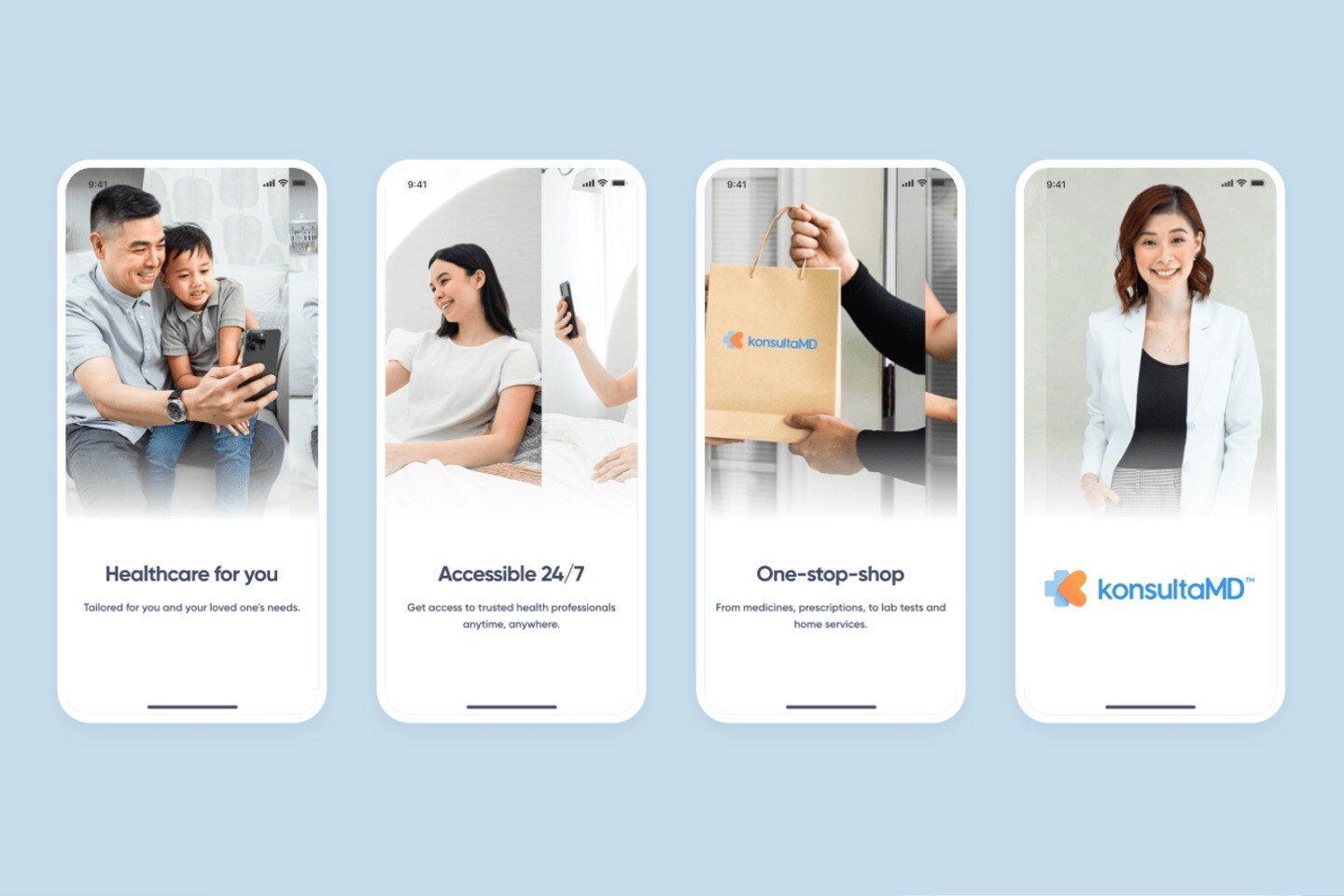Someone Somewhere and Adidas have teamed up for a collaboration that celebrates both Mexican artisanship and soccer culture. The spark for this partnership? A LinkedIn post by Antonio Nuño, Someone Somewhere's cofounder and CEO, just five months ago. Nuño highlighted a compelling opportunity: Adidas sold a staggering 2.9 million Mexican national team jerseys during the 2022 FIFA World Cup in Qatar. Looking ahead to 2026, when Mexico will co-host the World Cup, Nuño proposed a game-changing idea: what if those jerseys featured hand-embroidered elements?
"Assuming that each t-shirt has a patch with an hour of embroidery (for example, the three Adidas lines), the product would generate six months of fair work for more than 3,000 artisans (out of the 10,000 we have on our waiting list), and allow more than 15,000 people, including families, to break the cycle of poverty." Nuño supported his vision with AI-generated images and asked followers to share the post. Fast forward to today, and the dream is becoming reality. Maybe not for millions of shirts (yet), but Adidas is launching a new collection of jerseys meticulously hand-embroidered by women artisans from the Sierra Norte de Puebla region, with each piece requiring over 11 hours of intricate needlework.
Someone Somewhere was established to connect brands with artisans to produce clothing and accessories that create stable, fairly paid jobs. The collaboration with Adidas showcases Mexico's rich heritage and craftsmanship while providing economic growth in underserved rural areas. Other brands: time to explore similar partnerships that celebrate and sustain local skills and culture?



















